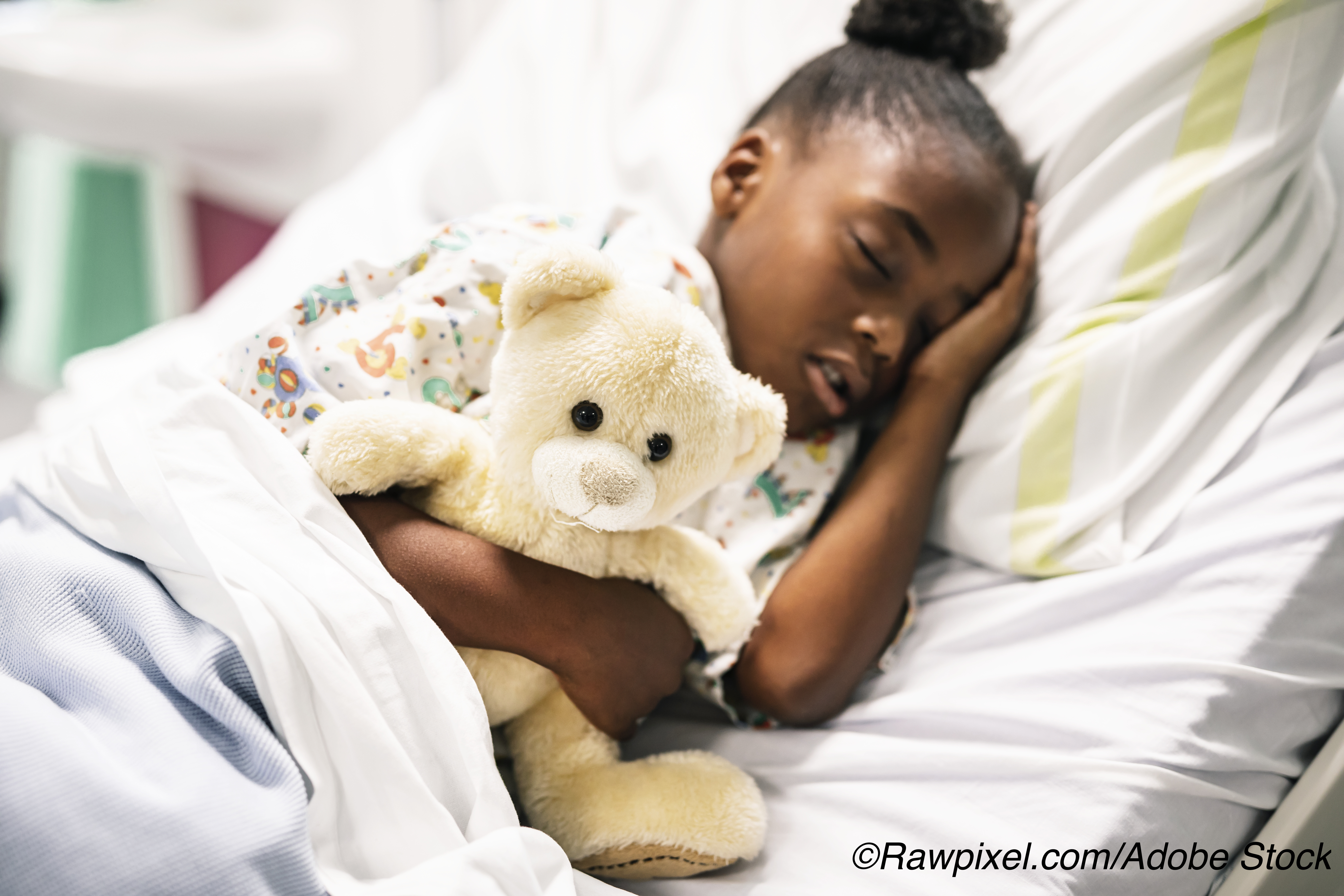
This new guidance, “Family Presence Policies for Pediatric Inpatient Settings During the Covid-19 Pandemic,” “also addresses the importance of providing support to hospitalized children and families, even if it must be done virtually,” the AAP wrote in a press release.
In addition to putting a limit on the number of visitors for pediatric inpatients, the AAP suggested hospitals should screen visitors for Covid-19 symptoms, including fever, and turn away any visitors who are symptomatic or test positive for the SARS-CoV-2 virus. In addition, visitors should wear face masks both inside and outside the patient’s room. In cases where the hospitalized child is symptomatic or positive for SARS-CoV-2, the AAP wrote that only one visitor should be permitted, and hospitals should consider additional restrictions. For example, the visitor should only be allowed to travel to the patient’s room and back without visiting other areas of the hospital, and meals should be delivered directly to the patient’s room.
“If a family member or caregiver is not allowed to visit due to being positive or symptomatic for SARS-CoV-2 virus, an alternative caregiver should be identified,” the AAP wrote. “If one is not available, families and hospitals should work together to discuss how best to support the child in the hospital or whether the situation warrants an exception to the family presence policy.”
The AAP also acknowledged that some circumstances may warrant exceptions to these strict visitor policies, “such as end-of-life-care and children with disabilities or medical complexity.”
The AAP’s guidance also includes additional strategies to help hospitals provide support to the families of child inpatients: “These include supporting virtual visits by the child’s family and friends and virtual care planning sessions with family/caregivers. Children and their families should continue to receive psychosocial, emotional, spiritual and developmental support. Social workers also can continue to consult on topics such as food insecurity, and hospitals may consider connecting families to resources such as the child’s primary care medical home and peer support organizations.”
Click here to see more news from the AAP regarding the Covid-19 pandemic.
John McKenna, Associate Editor, BreakingMED™
Cat ID: 125
Topic ID: 79,125,730,933,125,190,520,926,138,192,927,151,928

